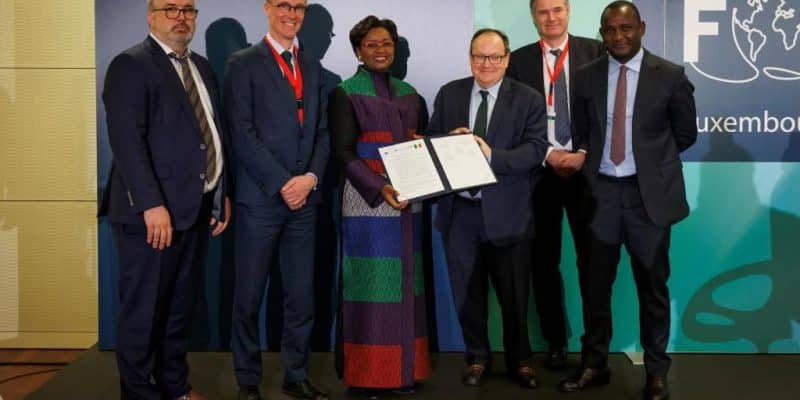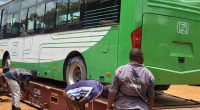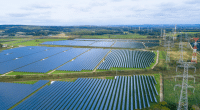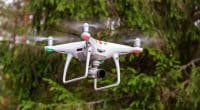As part of its $150 billion Global Gateway programme to finance sustainable infrastructure in Africa, the European Union (EU) has joined forces with other development partners to put 380 natural gas buses on the road in Senegal. The €320.4 million investment will help reduce air pollution in the West African country.
The European Union (EU) wants to support the ecological transition in Senegal. Thus, several European banks will mobilise 320.4 million euros for the development of public transport in Dakar through the acquisition of 380 natural gas buses. The European Investment Bank (EIB) will contribute €166.9 million and the French Development Agency (AFD) €100 million. The funding also includes a €53.5 million grant from Kreditanstalt für Wiederaufbau (KfW), the German development agency, the EU and AFD.
https://twitter.com/economie_sn/status/1630687600150212608
The initiative, which aims to set up an ecological and inclusive transport system for students and women in the Senegalese capital, will also allow for the installation of ticketing and network control systems, as well as the development of roads over a total length of 30 km for 14 priority lines. “This project is in line with Senegal’s National Development Plan 2019-2023 focused on the structural transformation of the economy. It represents a step forward in the implementation of the United Nations Sustainable Development Goals (SDGs),” explains Oulimata Sarr, Senegal’s Minister of the Economy, Planning and Cooperation.
While the West African country is concerned by air pollution exacerbated by thermal vehicles, the new ecological vehicles that will be delivered thanks to European funding should improve air quality and the living conditions of around 3.4 million people. Indeed, natural gas, although a fossil fuel, generates 30 to 50% less carbon dioxide (CO2) emissions than coal or oil.
The development of ecological mobility
“Urban mobility is essential for Africa. The EIB is committed to helping make Dakar a more sustainable and liveable city. As Europe’s climate bank, our role is to help Senegal meet its international commitments under the Paris Agreement,” says EIB Vice-President Ambroise Fayolle. The Luxembourg-based financial institution will collaborate with the Dakar Urban Transport Executive Council (CETUD) which is currently piloting the Bus Rapid Transit (BRT) project.
Read also-AFRICA: A coalition is born to promote sustainable urban transport
As part of this other project, which will avoid the emission of 59 000 tonnes of CO2 equivalent per year, the Senegalese government has announced the acquisition of 121 electric buses equipped with batteries with a capacity of 563.8 kWh. At a total cost of 128 billion CFA francs (around 194 million euros), financed by the French industrial group Meridiam, which specialises in the development and management of public infrastructure projects, this fleet will be accompanied by the installation by the Chinese manufacturer CRRC Corporation of 23 recharging stations in 14 Dakar councils.
Benoit-Ivan Wansi






